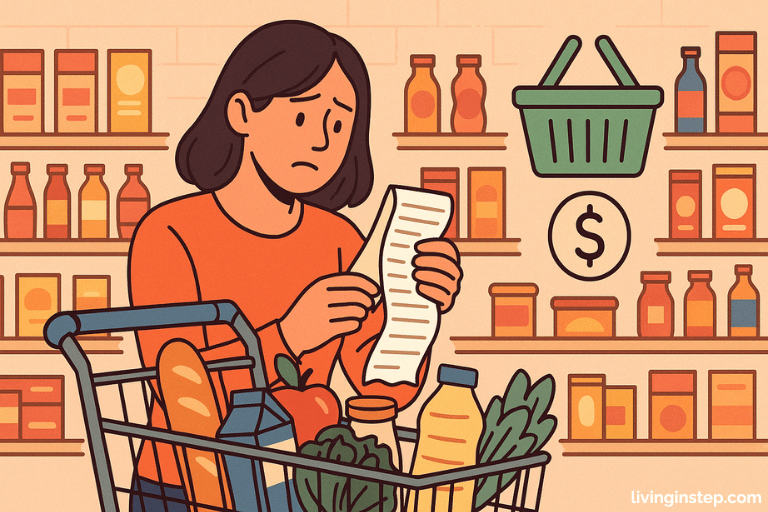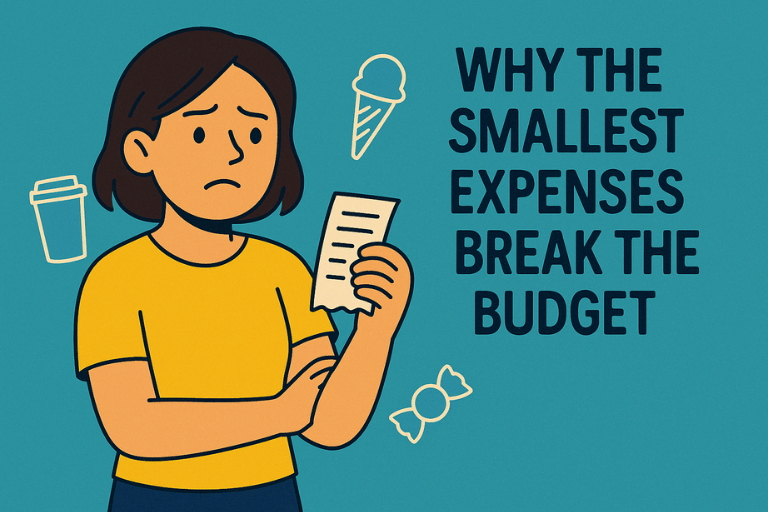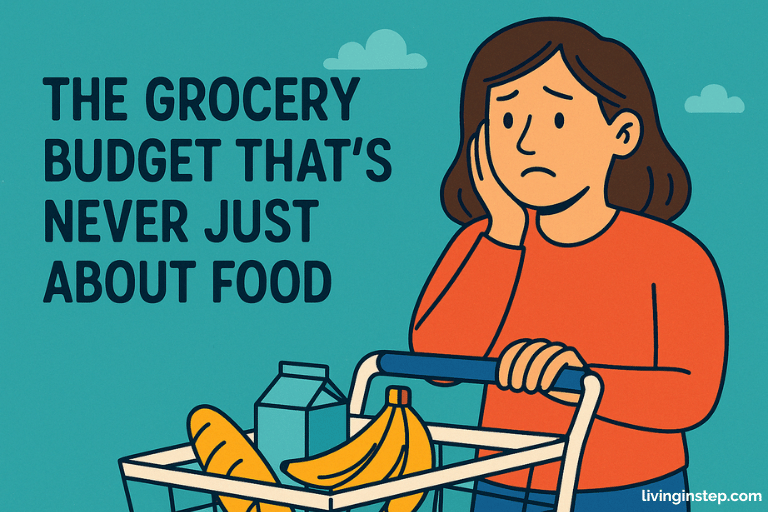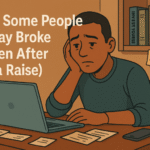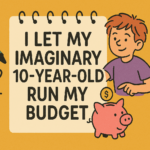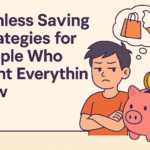It’s Not Just About Overspending…
Most people think it’s because they buy too much.
Impulse snacks.
Things not on the list.
A sale that feels too good to pass up.
But that’s usually not it.
Do you follow your plan and still go over?
As you’re walking out of the store you think, “How did it end up that high again?”
There’s a reason.
And it’s not about the food.
When You’re Too Worn Out to Stick to the Plan
By the time most people step into a grocery store, they’ve already had a full day.
You’re tired.
You’re juggling a dozen things in your head.
Dinner, lunchboxes, tomorrow’s schedule, what you forgot last time.
You’re not just buying groceries—you’re trying to hold a week together.
So you make small decisions to make things easier.
A frozen meal here. A snack there. Something you weren’t planning for.
It adds up.
Not because you don’t care.
Because you’re doing the best you can with what you’ve got left.
Decisions Get Harder When You’re Worn Down
Many times I’ve gone into a store and forgotten what I came in for. Is this you sometimes?
Or grabbed something just to stop thinking about what to get?
And let something slide because you didn’t have the energy to decide?
That’s not poor planning.
That’s what it looks like when your brain’s frazzled for the day.
There’s no carelessness around this.
Tiredness is a huge factor, though.
And that tiredness affects what goes into the cart—even when the list says otherwise.
Real Life Doesn’t Always Fit the Budget
Most budgets are built for ideal weeks.
But real weeks don’t play ball like that.
Plans fall apart.
Moods shift.
People eat more—or less—than expected.
Maybe the food you made didn’t go down well.
Maybe the lunch plan didn’t hold up.
Maybe you were just too tired to cook what you said you would.
So you adjust.
You grab extras.
You try again.
Does that make you bad at budgeting?
Or just a person trying to keep up?
Some Spending Has Nothing to Do With Food
What goes into the cart isn’t always about hunger.
Sometimes you’re shopping for peace.
Or convenience.
Or one quiet win after a long week of noise.
You add a dessert you weren’t planning on.
You get something that feels like a small reward.
You say, “Whatever, it’s fine,” because you’re just trying to get through the night.
Is that overspending?
Or is it emotional spending showing up in the most ordinary way?
Why the Total Keeps Surprising You
It’s rarely the big-ticket items.
It’s the slow stack of little decisions made under pressure.
You tell yourself, “This one thing won’t matter.”
But it’s never just one thing.
It’s the tenth time this month that dinner didn’t go as planned.
It’s the third time this week that lunch needed a backup.
And that’s what blows the budget.
Not the prices.
Not the planning.
Just the reality of a life that doesn’t always stay inside the lines.
If This Keeps Happening, It’s Worth Asking Why
If the grocery budget goes over every week, maybe the issue isn’t how disciplined you are.
Maybe the plan doesn’t match your actual life.
Maybe your expectations are tighter than your schedule allows.
Maybe what you’re really trying to buy is more time, more quiet, or just a little less decision-making.
If that’s true, then the money isn’t the problem.
It’s just showing you where things are stretched.
Before You Call It a Failure
What if you looked at the receipts and asked yourself one question:
What was I trying to make easier this week?
Would it make you feel better about yourself?
The answer might tell you more than any budgeting app ever could.
Note: This content is for entertainment purposes only and is not financial advice. Please consult a qualified financial advisor for guidance specific to your situation.

